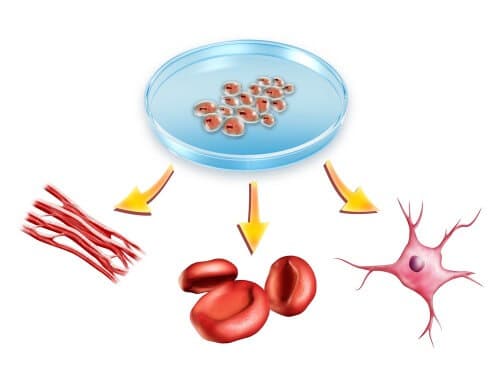This is according to a study by researchers from the USA and the Hebrew University who define this as an important step for personalized medicine and models for hereditary diseases

Pluripotent stem cells are unique cells that are able to differentiate into all cells in our body, including brain, heart, liver and blood cells. In 2012, the Nobel Prize in Medicine was awarded for two discoveries that showed that mature cells can be converted into embryo-like pluripotent cells, by external expression of genetic factors or by transfer of a mature cell nucleus into an egg, in a process known as "reprogramming". Nevertheless, the ability to reprogram cells from a person by transferring the nucleus to an egg was first demonstrated only a few months ago, and only in cells of embryonic origin.
In an article published in the journal Nature, researchers from the New York Stem Cell Foundation Research Institute and Columbia University now show that adult cells from patients can be reprogrammed. Research student Ido Sagi and Prof. Nissim Benvanisti from the Hebrew University of Jerusalem assisted in characterizing the pluripotent nature of those cells. Future studies will allow further characterization of the new pluripotent cells as well as their comparison with other stem cells. Human pluripotent stem cells created from adult cells may change the face of personalized medicine, enable models for genetic diseases and lead to the discovery of new drugs.
